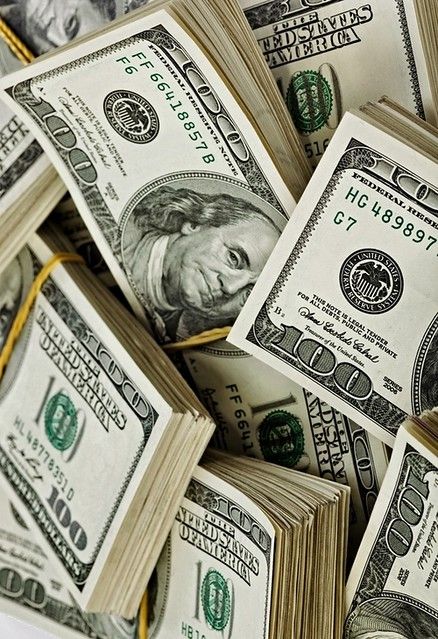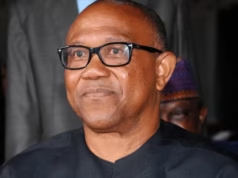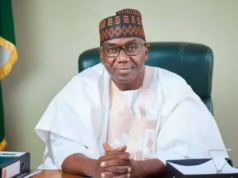Foreign exchange rates cost Nigeria N13.2 trillion
The World Bank reports that the Nigerian Government lost N13.2 trillion because of the foreign exchange management between 2021 and 2023: N2 trillion in 2021, N6.2 trillion in 2022, and N5 trillion in 2023.
This loss occurred because the government kept two different exchange rates: an official rate and a parallel market rate. This policy was initiated to stabilize the naira and strengthen certain parts of the economy, but it backfired.
During the event where the World Bank revealed a new report on Nigeria’s development, the Finance Minister, Wale Edun made an announcement. He announced that Nigeria would no longer subsidize fuel and foreign exchange.
“Fuel and FX subsidies are extinguished,” he said, stating that these policies pose danger to the country’s economy and must be discontinued.
The new report revealed by the World Bank states that the N13.2 trillion Nigeria lost could have eased the burden of Nigerians. The World Bank also opined that the government only stopped the foreign exchange subsidy in February 2024 in contrast with the July 2023 Central Bank announced.
“Quantifying the fiscal cost, through forgone revenue of multiple exchange rates: Prior to the full FX unification in February 2024, the presence of a parallel FX premium generated enormous fiscal costs, in the form of forgone revenues.”
“This situation emerged because FX revenue inflows—such as oil and customs revenues, as well as a portion of domestic VAT and CIT which are paid in FX—were transferred to the treasury at the official exchange rate.”
“However, due to the significant difference between the official and parallel market rates, the amount of naira-denominated revenue received by the Federation from FX-linked revenues was significantly reduced.”
“The unification of the FX rate has therefore eliminated the forgone revenues that previously benefited certain groups at the expense of the entire nation.”
The World Bank disclosed that between 2021 and 2023, 44.3% of net VAT revenue was from imported goods in foreign currency, and 40% of total company tax was paid in foreign currency.
“In 2022, when the cost of the PMS subsidy reached N4.5tn, representing 2.2 per cent of the Gross Domestic Product, the revenues forgone that emerged due to the large parallel rate premium are estimated to have been N6.2tn, representing 3 per cent of GDP.”
“N4.5tn of FX revenue was forgone from gross oil revenues and N1.7tn from the FX revenue forgone from non-oil tax revenues.”
The World Bank implored Nigeria to keep a single exchange rate to assist the economy.
At the report’s launch, Alex Sienart, the World Bank’s main economist for Nigeria, pointed out that the government is making more money in the first half of this year because they stopped the foreign exchange subsidy.
He clarified that in 2022, the foreign exchange subsidy was more than the fuel subsidy that was removed in June 2023.
“We are seeing a fiscal consolidation underway with the fiscal deficit shrinking from 6.2 per cent of GDP in the first half of 2023 to 4.4 per cent of GDP in H1, 2024 and that is largely due to expenditure being roughly constant.”
“So this surge in revenue is largely due to the removal of the implicit subsidy which was even larger than the PMS subsidy that we talk about”.
Join Our Social Media Channels:
WhatsApp: NaijaEyes
Facebook: NaijaEyes
Twitter: NaijaEyes
Instagram: NaijaEyes
TikTok: NaijaEyes





